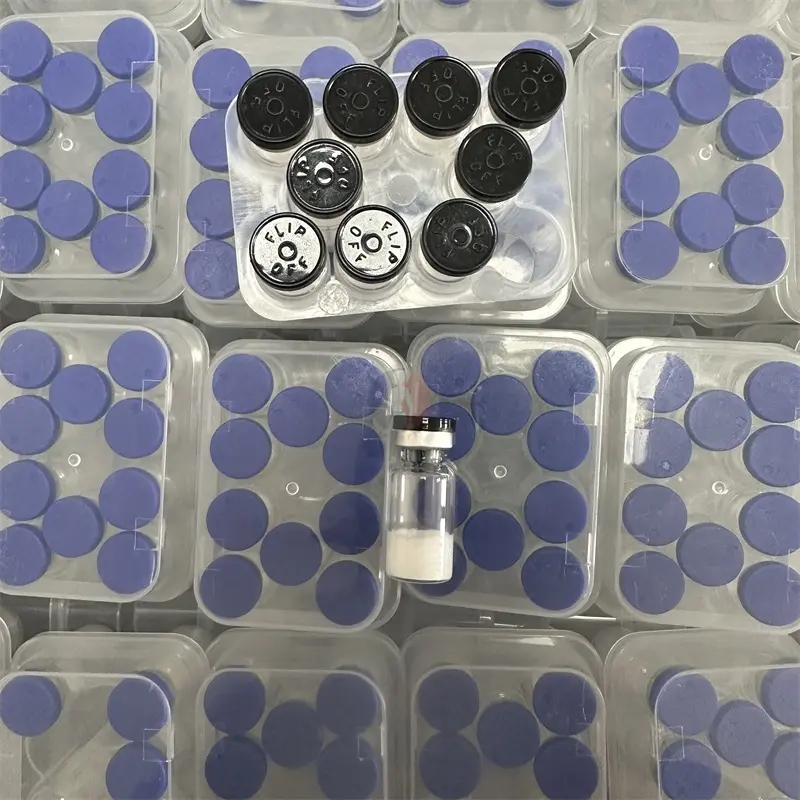The peptide market is experiencing impressive growth, with projections showing it could reach $63.3 billion by 2028. This presents a tremendous opportunity for anyone looking to enter this expanding field. If you’re wondering how to start selling peptides, this guide will help you navigate the essential steps for a successful launch.
The key to succeeding in the peptide business is understanding the products, the market demand, and how to effectively sell them.

Content
Understanding Peptides and Their Market
To begin selling peptides, it’s crucial to first understand what they are and why they’re in demand. Peptides are short chains of amino acids that play a crucial role in various biological functions. As the peptide market expands, driven by increasing demand in healthcare and other industries, it’s clear that there is ample opportunity for those looking to sell these products.
What Are Peptides?
Peptides are compounds consisting of two or more amino acids linked together. These small proteins are vital in regulating many bodily functions, from hormones to immune responses. They have a broad range of uses in medical treatments, including targeted therapies for diseases like cancer, diabetes, and cardiovascular conditions. As research into peptides continues to grow, so does their importance in medical and scientific fields, making them a prime focus for business ventures.
The Growing Peptide Market
As healthcare and pharmaceutical industries focus more on personalized medicine, the demand for peptides continues to rise. Their versatility, especially in treating complex diseases and in cosmetic applications such as anti-aging products, is driving this growth. This means there’s a strong and growing market for peptide-related products.
Applications of Peptides Across Industries
Peptides are used in a variety of industries, including pharmaceuticals, biotechnology, and cosmetics. In the medical field, peptides are being developed for treatments in oncology, diabetes management, and immune system modulation. Additionally, the cosmetic industry uses peptides in products aimed at anti-aging, skin regeneration, and overall skin health. Understanding these various applications will help you position your business effectively within the peptide market.
How to Start Selling Peptides
Starting a peptide business involves several important steps, from understanding your target market to complying with legal regulations. Let’s dive into the critical components for success in peptide sales.
Identifying Your Target Market
One of the first steps in launching a peptide sales business is identifying your target market. This could be researchers, healthcare providers, or pharmaceutical companies, depending on your focus. It’s important to research and understand who your customers are and what they need from your products. Tailoring your marketing messages to meet their specific requirements will increase your chances of success.
If your customers are researchers, focus on the scientific aspects of your peptides and the research behind them. For healthcare professionals, emphasize how your peptides can improve patient outcomes or support clinical treatments.
Choosing the Right Business Model

Your business model is crucial to your success. The two primary approaches for selling peptides are business-to-business (B2B) or business-to-consumer (B2C).
- B2B Model: Selling directly to businesses, such as clinics, labs, or pharmaceutical companies, can offer steady and long-term relationships. In this model, you’ll be focusing on larger transactions and potentially fewer but more consistent clients.
- B2C Model: Selling directly to consumers allows you to reach a wider audience, particularly online. This model typically involves more individual transactions but requires a strong online presence and efficient customer service.
Each model has its benefits, so consider which approach aligns best with your resources and goals.
Establishing Your Online Presence
In today’s digital age, having a strong online presence is essential for success. Set up a user-friendly website that showcases your peptides and communicates the value of your products effectively. Integrating e-commerce capabilities on your site will allow you to manage sales easily and offer a seamless customer experience.
Make sure your website is professional and explains your business clearly. This will help build trust with potential customers and ensure that they understand exactly what you offer and how they can purchase it.
Legal Considerations for Selling Peptides
Understanding the legal landscape is critical for anyone looking to enter the peptide market. There are various regulations governing the sale of peptides, especially when it comes to their intended use. Knowing these rules is vital to avoid legal complications and maintain compliance.
Legal Guidelines for Peptide Sales
The legal environment surrounding peptides can vary depending on their intended use. Selling peptides for research purposes is generally less regulated, while selling peptides for human consumption or medical use is much more strictly monitored. Make sure to research and understand these regulations before you begin selling to ensure you remain compliant and avoid any legal risks.
Navigating Regulatory Compliance
Staying in compliance with industry regulations is key to building a reputable business. Since peptide sales can be classified as high-risk, securing a merchant account might be more challenging. Being transparent about the intended use of your peptides and clearly communicating this on your website will help clarify your offerings and mitigate any potential confusion.
Ensuring that you follow all applicable laws, such as those related to health and safety, and provide accurate product information will help establish trust with your customers and foster a legitimate business operation.
Conclusion
Entering the peptide sales market offers numerous opportunities, but it requires a solid understanding of both the products and the regulations that govern their sale. Knowing your target audience, choosing the right business model, and establishing an online presence are all essential steps for launching your business. Furthermore, understanding and complying with legal requirements is vital to avoid pitfalls and build a trusted brand.
With careful planning, the right strategies, and ongoing research into industry trends, your peptide business can thrive in this rapidly expanding market. Take the time to understand your customers, comply with regulations, and continuously improve your product offerings to stay ahead of the competition.

Alissa Edwards a health blogger, but her words have the power to change your life. She is an avid reader and she loves nothing more than curling up with a good book. She always strives for perfection in everything she does, so it’s no surprise that she plans on becoming the next JK Rowling one day!










